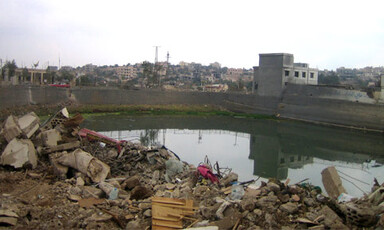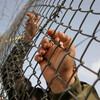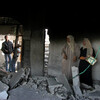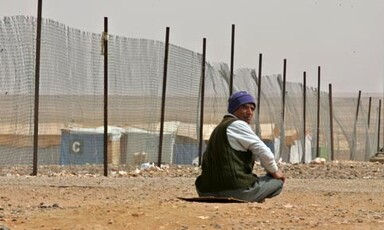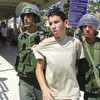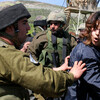
Al Mezan condemns the kidnapping of BBC journalist
13 March 2007
Unknown persons kidnapped the BBC’s correspondent in the Gaza Strip. This incident brings to the fore the issue of the kidnapping of foreigners in Gaza and exerts a negative impact on the freedom of speech and access to information. According to Al Mezan’s field information, at approximately 14.45pm on 12 March 2007, four gunmen in a white Subaru blocked the way of the British journalist Alan Johnston, while he was driving down in Al Wehda Street, and forced him out of his car. No information on his whereabouts has yet been released. Read more about Al Mezan condemns the kidnapping of BBC journalist


